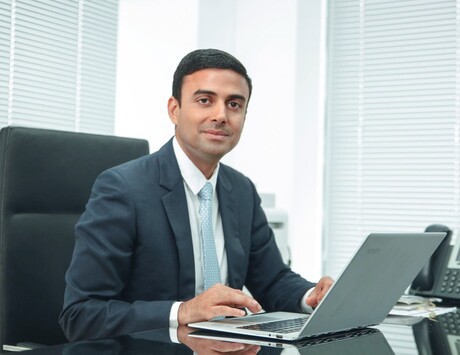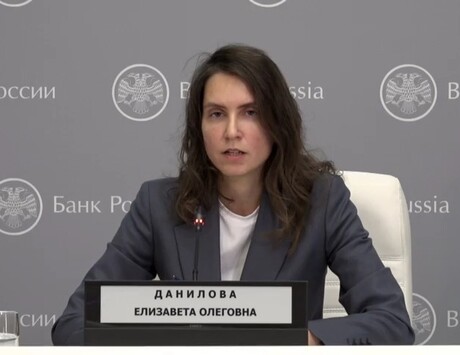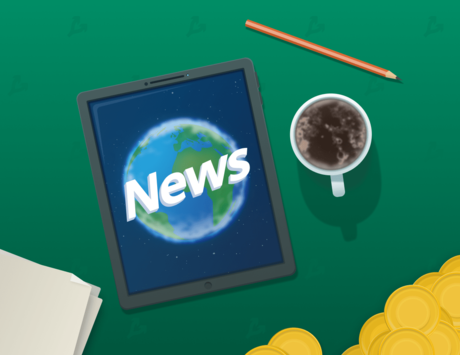Russia holds presidential elections Sunday. Former president and current prime minister Vladimir Putin is the projected favorite, despite the new strings of protests against him. Weekends on All Things Considered guest host Jacki Lyden talks with Russian writer Boris Akunin about how these elections in Russia are much different than past. Also, NPR's Martha Wexler reports from Moscow the night before the elections.
JACKI LYDEN, HOST:
Russia's presidential election is tomorrow. The result seems all but certain. Prime Minister Vladimir Putin is expected to defeat four much weaker candidates and return to the presidency. While his presidency may be assured, his legitimacy is not. And that's our cover story.
Last November in Moscow, Putin was attending an ultimate fighting match. Putin then stepped into the ring to congratulate the winner. And as he started to speak into the microphone, he heard an unfamiliar sound.
(SOUNDBITE OF BOOING)
PRIME MINISTER VLADIMIR PUTIN: (Foreign language spoken)
DMITRY GOLUBOVSKY: The audience started booing him and whistling. This barely ever happened before for a public appearance of the former president.
LYDEN: That's Dmitry Golubovsky, editor of Esquire Russia. Several months earlier, Putin had announced his intention to seek a third presidential term. For the Russian crowd, something about disappearance by the prime minister, the wrestling match was a tipping point.
GOLUBOVSKY: People were tired of the show, and people, of course, are, I think, a little bit tired of political, social and economic situation in Russia.
LYDEN: A few weeks after that fight, Russia held parliamentary elections, widely considered to be riddled with fraud and corruption. That was on December 4th.
GOLUBOVSKY: And on the 5th, five to 10,000 people just went out of the streets in the center of Moscow, which never - hasn't occurred for the last 10 or 15 years.
LYDEN: The next day, a second rally.
GOLUBOVSKY: Over 600 people got arrested.
LYDEN: The weekend after...
GOLUBOVSKY: A huge rally with tens and tens of thousands of people. Nobody knows for sure because nobody used to counting.
(SOUNDBITE OF MUSIC)
LYDEN: In a moment, we'll hear from a Russian author who's been a popular figure at those anti-Putin rallies. But first, NPR's Martha Wexler in Moscow has this look at the Russian electorate.
MARTHA WEXLER, BYLINE: Vladimir Putin has dominated Russia's political scene since he became president in 2000, and he certainly has his supporters, people like Vladimir Ivanovich, a train traveler who was passing through Moscow on his way home to a small city 600 miles to the east. The reason he'll vote for Putin is the reason most people give.
VLADIMIR IVANOVICH: (Foreign language spoken)
WEXLER: Stabil'nost', the stability that Vladimir Ivanovich believes Putin brought Russia after the tumultuous early years of post-Soviet rule.
IVANOVICH: (Foreign language spoken)
WEXLER: Under Putin, he says, the world began to pay attention to Russia again and respect it. The 59-year-old, who works in the car business, says there's simply no one else of Putin's stature to govern such a vast, complex country. The Russian newspaper Novaya Gazeta reported recently that the Communist Party candidate is making strong inroads against Putin in Russia's poorer regions, but Putin is counting on people in the provinces.
PUTIN: (Foreign language spoken)
(SOUNDBITE OF CHEERING AND APPLAUSE)
WEXLER: The government bused in many people from other cities for last month's big pro-Putin rally at a Moscow stadium. The locals there were mainly public sector workers. They form part of what the banker and newspaper publisher Alexander Lebedev calls Putin's nuclear electorate.
ALEXANDER LEBEDEV: These are mostly simple people who, by the way, have reason to believe that this country for 11, 12 years under Putin lived probably the happiest historically period in the history of the thousand years.
WEXLER: Many people have benefited from the country's oil wealth. But a young surgeon named Sergei doesn't give Putin any credit for his personal success. Last weekend, the doctor formed part of a human chain in Moscow, demonstrators demanding reforms.
SERGEI: (Foreign language spoken)
WEXLER: Most people live their lives separately from the government, he says. What I've achieved, what my brother and my friends have achieved, we've achieved on our own. Sergei was typical of the crowd, which was packed with professionals - investment advisers, editors and software programmers. They were angry about corruption, angry about fraud in the December vote, and angry about their choice of names on tomorrow's ballot.
Analyst Lilia Shevtsova of the Moscow Carnegie Center says Putin has lost significant support in Moscow and St. Petersburg.
LILIA SHEVTSOVA: He has problems in the big cities with population over 500,000 people.
WEXLER: And Shevtsova has noticed something about the crowds showing up at street protests.
SHEVTSOVA: And I saw quite a few members of the former government, you know, of the Russian oligarchs, of the Russian representatives of the high administrative level. So there were quite a few people belonging to the official establishment.
WEXLER: Even setting aside the official establishment, Moscow holds a special place in Russia, as Boris Akunin explains. He's a bestselling writer of historical novels who has addressed the opposition rallies here.
BORIS AKUNIN: Russia, unlike United States, is a former empire, and everything important politically that happens in a former empire happens in the capital.
WEXLER: Akunin is convinced Putin cannot win a majority in Moscow in an honest vote. He and other celebrity activists formed a league of voters recently that will send thousands of citizens out to monitor the polls tomorrow. Martha Wexler, NPR News, Moscow.
LYDEN: I asked Boris Akunin if he thought this election could be seen as legitimate.
AKUNIN: Oh, absolutely not.
LYDEN: Why not?
AKUNIN: Well, first of all, because the candidates who oppose Putin, they were carefully selected. There is not one single candidate who could really win popular support. Then, the presidential campaign has been an absolute shame because all the TV channels were working as a part of propaganda machine of the Kremlin. There was no competition, absolutely. And now, we get signals from all over the country about how the falsifications during the day of the polls are being prepared. No, this is not going to be a fair election. That much is absolutely sure.
LYDEN: But it is widely regarded that Vladimir Putin remains very popular in Russia. And certainly, he is allied with a very powerful interest there. If he wins, what then for the opposition?
AKUNIN: By win, we mean that he will be elected, no doubt of that. He will be elected this Sunday. The question is whether society is going to accept this election as a legitimate one. He's going to be a weak president, an unpopular president. So I think that this movement will not stop until we get all of this. It may take time, but I would be really surprised if he manages to stay in the office until the end of his third term.
LYDEN: Now, his former finance minister has volunteered to mediate negotiations between opposition leaders like yourself and Vladimir Putin. Do you think all the members of the opposition - would you sit down with the newly re-elected president, Vladimir Putin?
AKUNIN: Of course, I can sit at the table with Mr. Putin and talk about different things. But it won't change anything. It won't mean anything. We want him to step down for us to have a real presidential elections. Russia will be a democratic country.
LYDEN: Russian writer Boris Akunin spoke to us from Moscow. Thank you very, very much for talking with us.
AKUNIN: Thank you.
(SOUNDBITE OF MUSIC)
LYDEN: So as just said, Russians head to the pole in just a few hours their time, and by the way, there's already a potent victory rally planned. This is NPR News.



